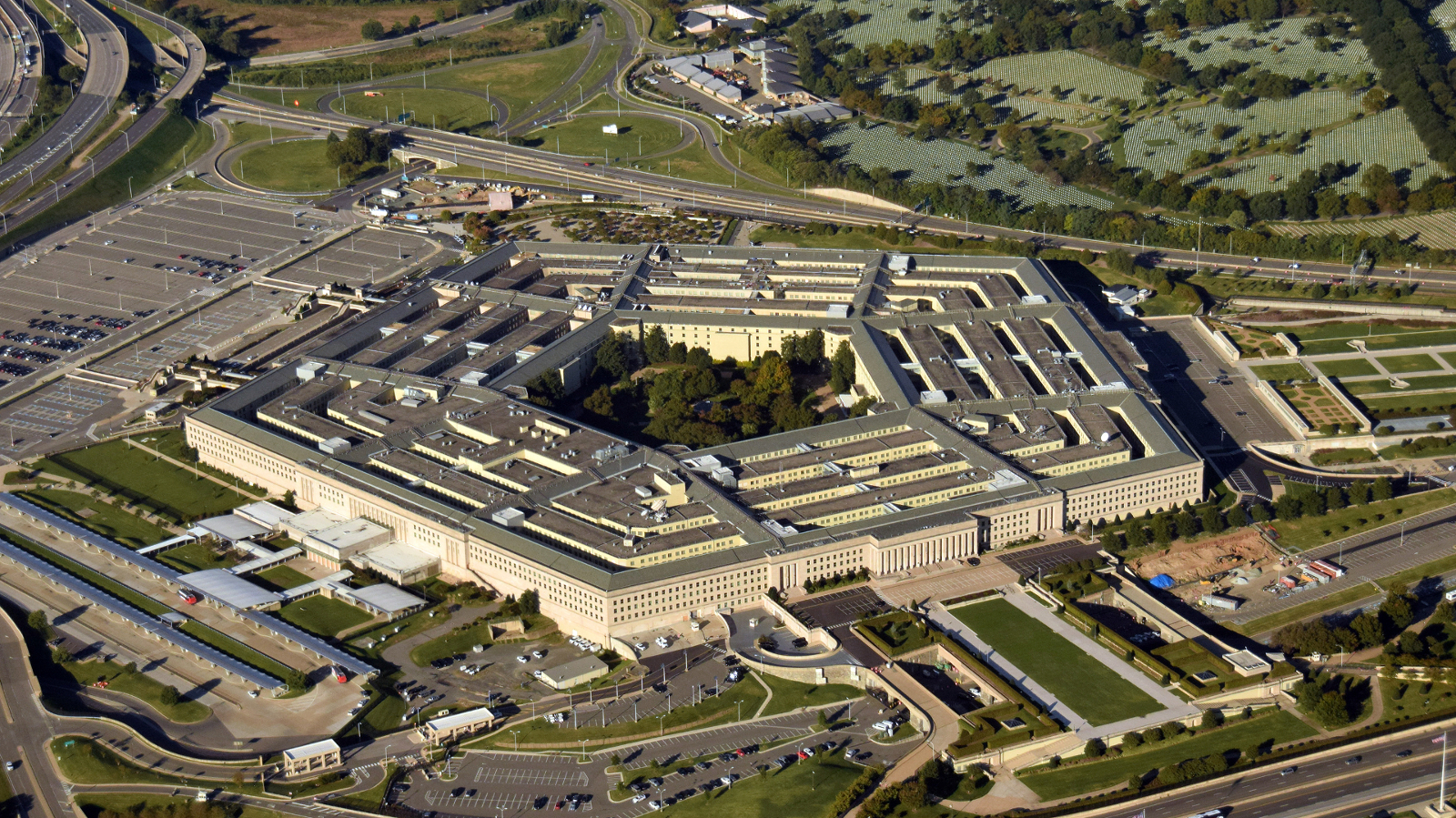President Washington famously warned against entangling alliances in his farewell address to Congress. But now more than ever, it seems that escalations across the globe are tempting the United States to become increasingly involved in other countries’ dilemmas. American citizens and legislators must remember part of what made the American experiment so unique and resist those temptations. Here’s why.
America’s foreign policy has jeopardized its financial future
The U.S.’s defense budget is unjustifiable. In 2021, American defense spending totaled $801 billion — larger than the next nine countries combined. The Department of Defense was recently given an increased budget of $858 billion, and, to make matters worse, that money is being used inefficiently: the DOD recently failed its fifth consecutive audit, with about half of its assets unaccounted for.The United States has among the highest debt-to-GDP ratios in the world, and regularly runs massive budget deficits. This is currently possible because of America’s position as the world’s reserve currency, but that position isn’t a guarantee, as the American dollar is being weakened by inflation and recession.
America’s interventionist missteps outweigh its foreign policy successes
Let us not forget, either, the blatantly false narratives that brought American soldiers into an “endless war” in Iraq. U.S. intelligence knew Iraq did not have so-called weapons of mass destruction, but the Bush Administration pushed for a connection to be made. After all, a big bad villain is good for presidential approval ratings and re-election campaigns.
But the downsides of that war — and of interventionism in general — have lasted long after the votes were counted. The “war on terror” over the last 20 years has cost the American taxpayer upwards of $3 trillion. For perspective, that’s around the yearly GDP of France.
The debacle in Afghanistan was a similar story, only this time the blowback was swifter and more direct. U.S. agents funded mujahideen fighters in Afghanistan in an effort to weaken the Soviet Union. Many of these fighters were able to organize and effectively train precisely because of American funding. It turned into one of history’s biggest backfires when, once the Soviets gave up in Afghanistan, factions of the mujahideen went on to form a new government organization called the Taliban.
The United States of course was stuck fighting against the Taliban for decades until President Biden finally pulled American troops out. America’s hasty (though necessary) withdrawal left billions of dollars’ worth of taxpayer-funded equipment that was either purposefully damaged by fleeing American soldiers or commandeered by the Taliban.
The two examples of Iraq and Afghanistan are recent, and some of the worst, but are far from the only instances of the U.S. government’s wasteful use of tax dollars to pursue unrealistic or dishonest goals overseas.
American international “altruism” needs reassessing
Foreign aid programs are notorious for their ineffectiveness and inefficiency. And in the long run, countries that rely on large amounts of American foreign aid are reluctant to wean off it, which can disincentivize them from diversifying their economies, providing incentives for investment, and respecting property rights.
Those countries ultimately find it difficult to modernize and sustain growth. With few measures to hold them accountable, corrupt regimes regularly misallocate foreign aid, leading to large amounts of money given in bribes or pocketed by government officials.
Stop stealing our future
Most global events that affect the United States do so because American policymakers want it that way. America has strategic alliances all over the world because it has made them for itself; they didn’t just fall into America’s lap.
But the “America as the world’s policeman” narrative is outdated and unrealistic. Europe has a sufficient economy to take care of itself. The same can be said for South Korea and Japan. Most conflicts in Africa, Asia, and the Middle East are self-contained, and do not directly affect the United States.
While some might wish for a large American empire, thinking it will be able to keep evil forces at bay around the globe, the cost of such a policy is not justified — morally or monetarily; from America’s perspective, or from the rest of the world’s. If the United States wants to avoid continuous over-extension and dangerous blowback, it would be smart to reevaluate its designs on world primacy.
For more content on related issues, be sure to check out our Peace, Love, Liberty video playlist by clicking on the button below.
This piece solely expresses the opinion of the author and not necessarily the organization as a whole. Students For Liberty is committed to facilitating a broad dialogue for liberty, representing a variety of opinions.



